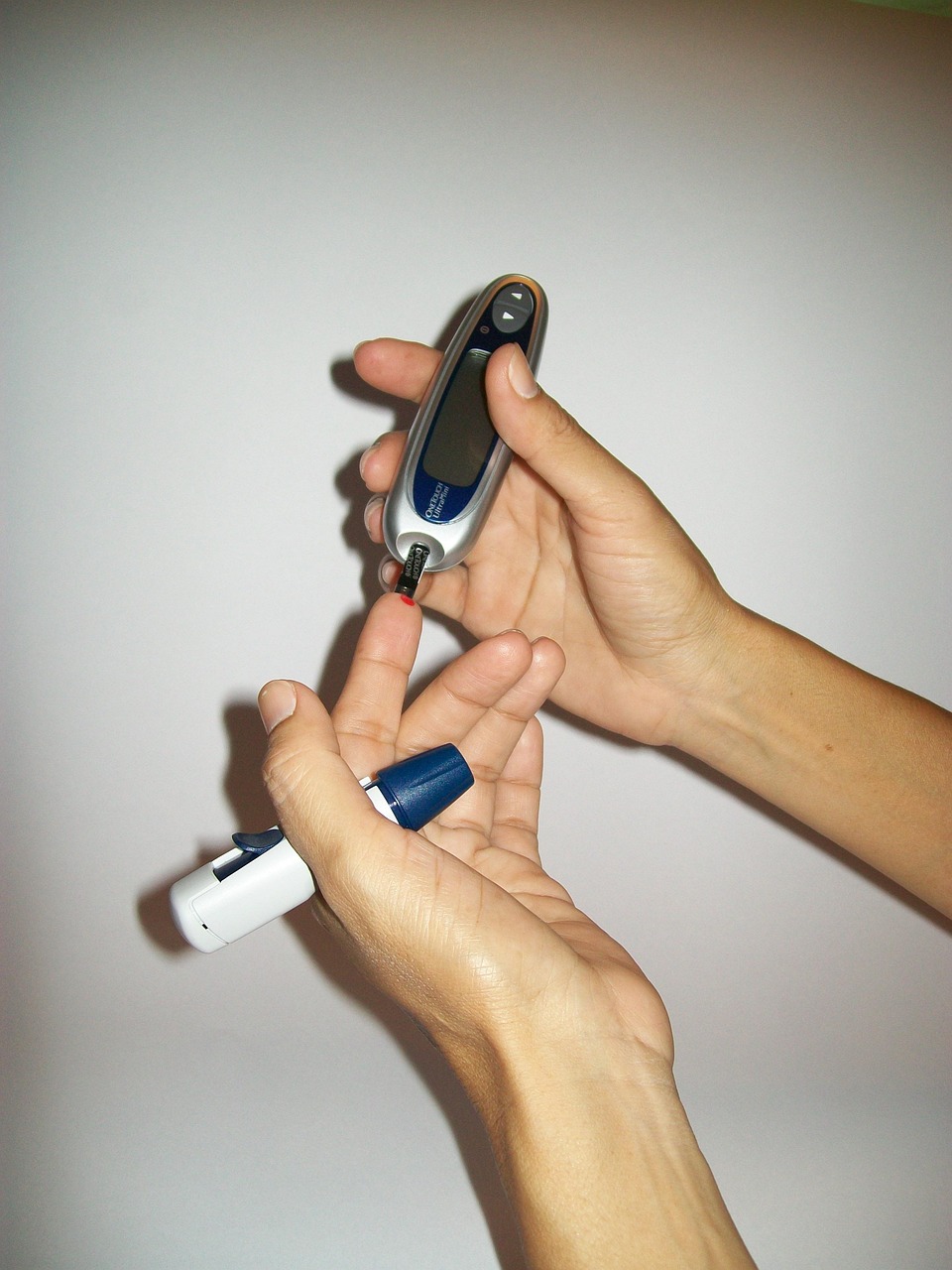




How To Claim Compensation for Insulin Overdose
Signs and Symptoms
How to claim for an insulin overdose can help you secure compensation if this has happened to you. Insulin is a life-saving medication used for diabetes, but when too much is administered, it can lead to an emergency which requires immediate attention.
Errors in dosage or monitoring may lead to serious consequences. You may believe you or a loved one has suffered due to a preventable insulin overdose while in hospital or another medical setting. If so, you may want to consider filing a medical negligence claim for compensation.
Jefferies Claims can help, and we work with lawyers who operate on a ‘No Win, No Fee’ basis meaning you only pay fees if you win your case.
What Is an Insulin Overdose?
When administered correctly, insulin allows people to live healthy and active lives. However, an insulin overdose occurs when a person receives more insulin than their body needs. This causes a condition known as hypoglycaemia which is when blood glucose levels to fall too low. This can be a result of:
- Taking too much insulin.
- Injecting the wrong type of insulin.
- Skipping meals or not eating enough after taking insulin.
- Medical professionals administering the wrong dosage or timing in a clinical setting.
Signs and Symptoms of an Insulin Overdose
The symptoms of an insulin overdose can range from mild to severe depending on how much insulin has been administered and how quickly it acts. Recognising these symptoms early can save a life.
Mild to Moderate Hypoglycaemia Symptoms:
These usually occur when blood sugar levels drop slightly. These can often be managed quickly with sugar intake.
- Shaking or trembling
- Sweating
- Dizziness or light-headedness
- Rapid heartbeat (palpitations)
- Irritability or mood swings
- Hunger
- Blurred vision
- Anxiety or panic
- Weakness or fatigue
Severe Hypoglycaemia Symptoms:
When blood sugar levels continue to fall, the brain becomes starved of glucose. This may rapidly lead to more dangerous symptoms that require emergency intervention.
- Confusion or difficulty concentrating
- Slurred speech
- Loss of coordination
- Seizures or convulsions
- Loss of consciousness
- Coma
Can Insulin Overdose Happen in Hospitals?
While insulin overdose can certainly occur outside hospital settings, particularly when patients self-administer insulin – it does also happen in hospitals. This may be due to:
- Miscommunication between staff members
- Inaccurate patient records or failure to check dosages
- Improper monitoring of a patient’s food intake and insulin needs
- Failure to follow protocols for insulin administration
Hospital environments are typically well-equipped to monitor blood sugar levels, but human error may still happen. According to NHS patient safety reports, insulin is one of the top medications involved in medication errors.
Who Is at Risk?
Although anyone on insulin therapy is at risk of overdose, certain groups are more vulnerable. This may include:
- Elderly patients who may have memory issues or be dependent on care.
- Hospitalised patients, especially if they rely on healthcare professionals for insulin management.
- Children and individuals with learning disabilities who may not be able to communicate symptoms effectively.
- Patients with kidney or liver disease, which can affect insulin metabolism.
In all instances you should always consult with a medical professional around life expectancy questions
Medical Negligence and Insulin Overdose
If you or a loved one has suffered harm due to an insulin overdose caused by medical error, whether in hospital or a private healthcare setting – you may be entitled to claim compensation for medical negligence.
Medical negligence occurs when a healthcare professional provides substandard care that directly causes injury or worsens a patient’s condition. In the case of insulin, this could possibly involve:
- Administering the wrong dose.
- Failing to monitor blood glucose levels properly.
- Not recognising or acting on signs of hypoglycaemia.
- Giving insulin to the wrong patient.
Requirements for a Successful Claim:
To make a claim, you will need to prove:
- Duty of Care – The healthcare provider owed you a duty of care.
- Breach of Duty – That duty was breached through an error or omission.
- Causation – The breach directly caused harm or injury.
- Damages – You suffered physical, emotional, or financial harm.
How To Claim Compensation for Insulin Overdose
Firstly, you should speak with a solicitor who specialises in medical negligence cases. To support your claim, you will need to gather:
- Medical records
- Witness statements (from family or other patients)
- Test results
- Prescription and dosage logs
- A timeline of events
Your solicitor will typically arrange for an independent medical expert to assess whether the care you received fell below acceptable standards.
Generally, you have three years from the date of the incident or from the date you became aware of the negligence to start a claim for compensation. Exceptions apply to children under 18 and individuals lacking mental capacity.
Most cases are settled out of court. If an agreement can’t be reached, your case may proceed to trial, although this is relatively rare.
Potential Compensation Amounts
The compensation amount you can claim depends on:
- Severity of physical and psychological harm
- Loss of earnings
- Medical expenses
- Cost of care and rehabilitation
- Future needs and lifestyle changes
At Jefferies Claims we partner with highly experienced lawyers who work on a ‘No Win, No Fee’ basis. So, if you are seeking compensation, we can help. Your first step will be to contact us today at 0333 358 3034. Alternatively, complete our online contact form to arrange a free, no-obligation telephone consultation with a member of our friendly team.
